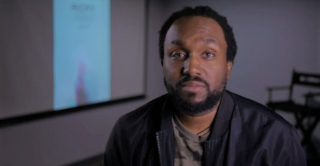
Resources
Someone To Talk To:
Office of Victim Advocacy & Violence Prevention
Willard DiLoreto Hall, Room D305
9 a.m. – 5 p.m.
(860) 832-3795
Ruthe Boyea Women’s Center
Student Center Room 215
(860) 832-1655
Residence Life
Mid-Campus Residence Hall
(860) 832-1660
Student Wellness Services*
Marcus White Annex
Health: (860) 832-1925
Counseling: (860) 832-1945
Office of Student Affairs
Davidson Hall, Room 103
(860) 832-1601
*Confidential
To Report an Incident
Office of Student Conduct
Carroll Hall, Room 205
(860) 832-1667
University Police
Emergency: 911
Dispatch Center: (860) 832-2375
Off-Campus Resources
YWCA Sexual Assault Crisis Service
24 Hour Hotline (860) 223-1787
24 Hour Spanish Hotline (888) 568-8332
Prudence Crandall Center for Domestic Violence
24 Hour Hotline: (888) 774-2900
24 Hour Hotline: (888) 273-8255
Hospital of Central Connecticut
100 Grand Street
New Britain, CT 06050
(860) 224-5011



